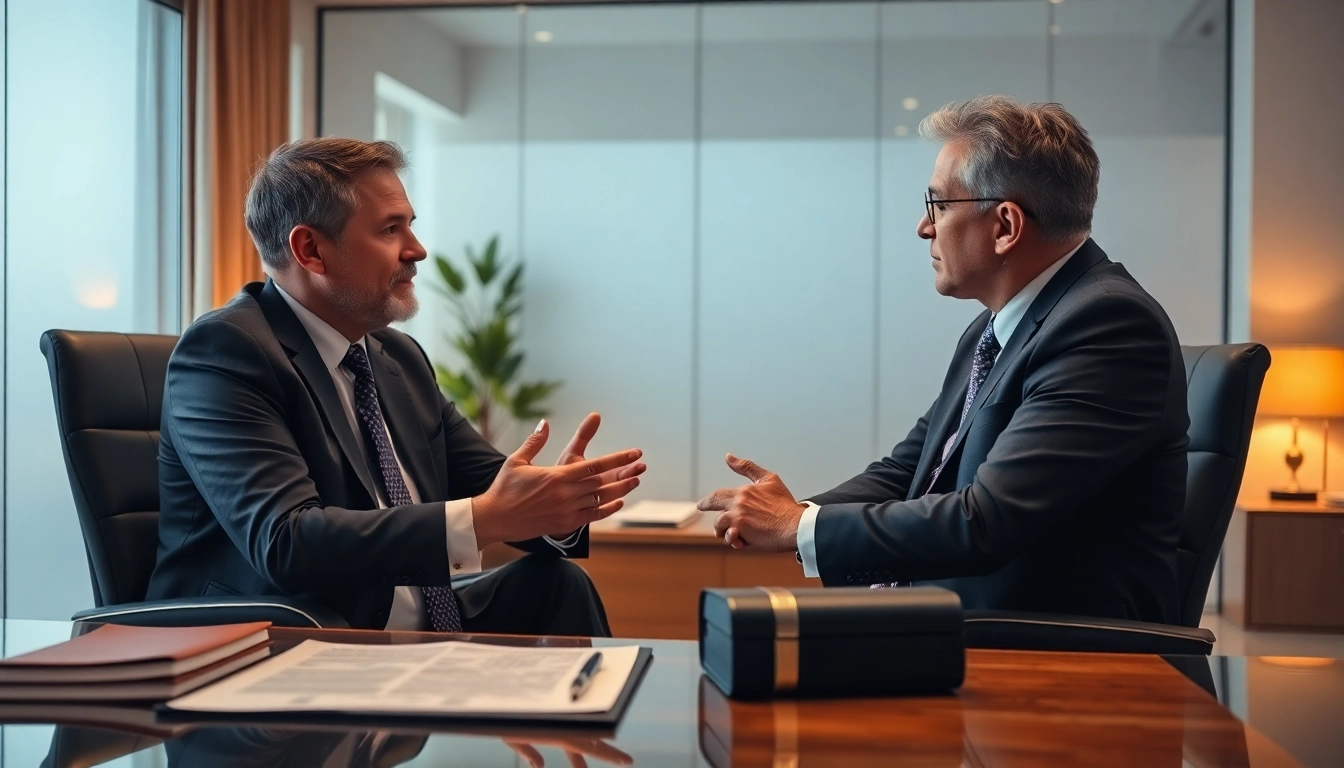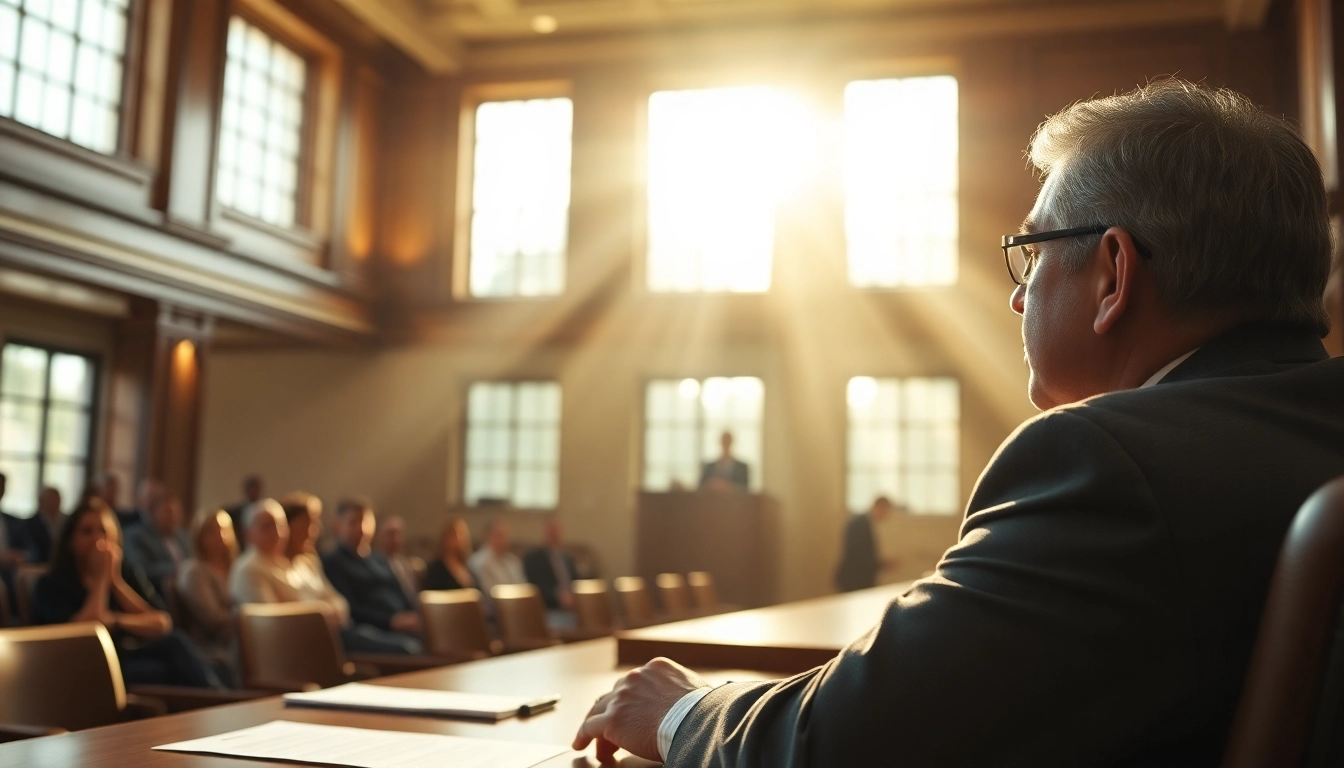Understanding Florida Car Accident Laws
In Florida, the aftermath of a car accident can be overwhelming for victims and their families. Understanding the legal framework that governs these incidents is crucial for successfully navigating a claim. Florida operates under a no-fault insurance system, meaning that your own insurance typically covers your medical expenses and lost wages, irrespective of who caused the accident. To adequately cope with the legal intricacies, engaging with reputable Florida car accident attorneys is advisable.
Key Regulations Impacting Your Case
The Florida no-fault law, underlined in § 627.7407 of the Florida Statutes, requires drivers to carry Personal Injury Protection (PIP) coverage. This ensures that all drivers receive immediate medical intervention and benefits, regardless of fault. However, the law also stipulates that for certain severe injuries or damages exceeding your PIP limits, you may opt to pursue a liability claim against the at-fault party. Understanding these nuances is essential to evaluate your options effectively.
The Role of Negligence in Car Accidents
Negligence is a cornerstone of personal injury law in Florida. It refers to the failure to exercise the standard of care that a reasonably prudent person would in similar circumstances. In a car accident case, establishing negligence often involves proving that the other driver acted unreasonably, leading to the accident. Examples include distracted driving, excessive speed, or driving under the influence. In some cases, comparative negligence may also apply, where both parties share fault, potentially affecting the recoverable damages.
How Statute of Limitations Affects Claims
In Florida, the statute of limitations for personal injury claims from car accidents is generally four years from the date of the accident. Failing to file a claim within this timeframe can result in losing your right to seek compensation. It’s vital to document all events related to the accident immediately and consult an attorney as soon as possible to ensure you stay within legal deadlines.
Choosing the Right Florida Car Accident Attorneys
Choosing the right legal representation can significantly impact the outcome of your case. With various attorneys specializing in car accident claims, analyzing their qualifications and approach is essential for securing effective representation.
Qualities to Look for in an Attorney
When searching for a Florida car accident attorney, consider the following attributes:
- Experience: Look for attorneys who have a track record in handling similar cases and are well-versed in Florida’s car accident laws.
- Communication Skills: Your attorney should be able to explain complex legal terms in a straightforward manner and promptly update you on your case’s status.
- Negotiation Skills: A good attorney should have strong negotiation tactics, especially since many cases are settled out of court.
- Client Reviews and Testimonials: Research feedback from previous clients to gauge their experience and satisfaction levels.
Evaluating Experience and Success Rates
Before engaging an attorney, inquire about their experience and success rates. Review their past verdicts and settlements to understand their capabilities better. A history of handling similar cases effectively is a strong indicator of potential success. Additionally, ensure they are familiar with local courts, as this can influence negotiations and litigation strategies.
Questions to Ask During Your Initial Consultation
Your initial consultation is a valuable opportunity to evaluate the attorney’s fit for your case. Consider asking:
- What is your experience with Florida car accident cases?
- How do you approach case strategy and negotiation?
- What fees can I expect, and how do you handle payment?
- How frequently will you be communicating about my case?
- What is your predicted timeline for resolution?
Steps to Take After a Car Accident in Florida
After a car accident, knowing the steps to take can significantly affect your recovery and legal options.
Immediate Actions to Protect Your Rights
Immediately following an accident, your priority should be your safety and health. Call the authorities and seek medical assistance if needed. Avoid admitting fault at the scene, as statements can be used against you later. Instead, focus on gathering information and documenting the accident scene thoroughly.
Gathering Essential Evidence
Collecting evidence is vital for supporting your claim. Key evidence includes:
- Photographs of the accident scene, vehicle damage, and injuries.
- Witness statements and contact information.
- Police reports and any traffic citations issued.
- Medical records and bills related to your treatment.
This documentation can significantly bolster your case when negotiating with insurance companies or presenting evidence in court.
Dealing with Insurance Companies Effectively
Insurance companies may try to settle quickly and for less than your claim’s value. It’s crucial to approach negotiations strategically:
- Know Your Policy: Understand your PIP coverage and limits before discussing claims.
- Do Not Accept Initial Offers: Often, the first offer is a lowball settlement; be prepared to negotiate.
- Consult an Attorney: Having an attorney handle communications with the insurance company can help avoid potential pitfalls and ensure that your interests are prioritized.
The Compensation You May Be Entitled To
Victims of car accidents may be entitled to various forms of compensation based on the injuries incurred, property damage, and other losses.
Types of Damages Recoverable in Florida
In Florida, compensation generally falls into several categories, including:
- Economic Damages: These include tangible costs such as medical expenses, lost wages, and property damage.
- Non-Economic Damages: These refer to intangible losses like pain and suffering, mental anguish, and loss of enjoyment of life.
- Punitive Damages: In cases of severe negligence, additional punitive damages may be awarded to penalize the at-fault party.
Calculating Economic vs. Non-Economic Damages
Understanding the difference between economic and non-economic damages can help in evaluating your claim accurately. Economic damages can often be calculated using receipts and bills, while non-economic damages involve more subjective measures such as the extent of pain experienced and its impact on quality of life. Legal representation is vital in properly valuing these damages to ensure you receive full compensation.
How Attorneys Maximize Your Settlement
Skilled attorneys often employ negotiation tactics and thorough documentation to present your claim in a compelling manner. They may:
- Gather comprehensive evidence to support your claim.
- Assess all potential damages, including future medical costs and loss of earnings.
- Engage expert witnesses when necessary, such as accident reconstruction specialists or economic experts.
Preparing for Your Legal Consultation
Once you’ve decided to consult an attorney, proper preparation can enhance the effectiveness of your meeting. Being well-prepared allows you to focus on critical details and maximize the benefits of the consultation.
Documentation You Should Bring
To facilitate a productive consultation, consider bringing the following documents:
- Accident report and any tickets issued.
- Medical records related to your injuries.
- Proof of income loss, such as pay stubs or employer verification.
- Photographic evidence of the accident scene and vehicle damage.
Understanding the Legal Process Timeline
The timeline for a car accident case in Florida can vary significantly based on the complexity of the case, negotiation processes, and court schedules. Generally, the timeline might include:
- Initial Consultation: Understanding your case and potential claims.
- Evidence Gathering: Amassing necessary documentation and witness statements.
- Negotiation with Insurance: Working to settle the claim before involving the court.
- Filing a Lawsuit: If negotiations fail, filing a legal claim may be required.
- Trial (if necessary): If no settlement is reached, the case will proceed to trial.
What to Expect in Court if Your Case Goes to Trial
If your case goes to trial, the proceedings will consist of several stages including jury selection, opening statements, witness testimonies, and closing arguments. Your attorney will typically handle all aspects of the presentation, ensuring that your case is communicated effectively. It’s essential to work closely with your attorney throughout this process.




